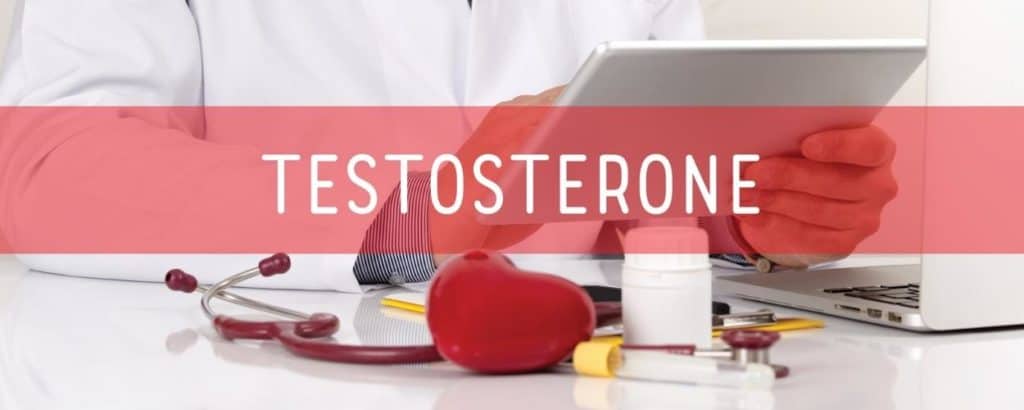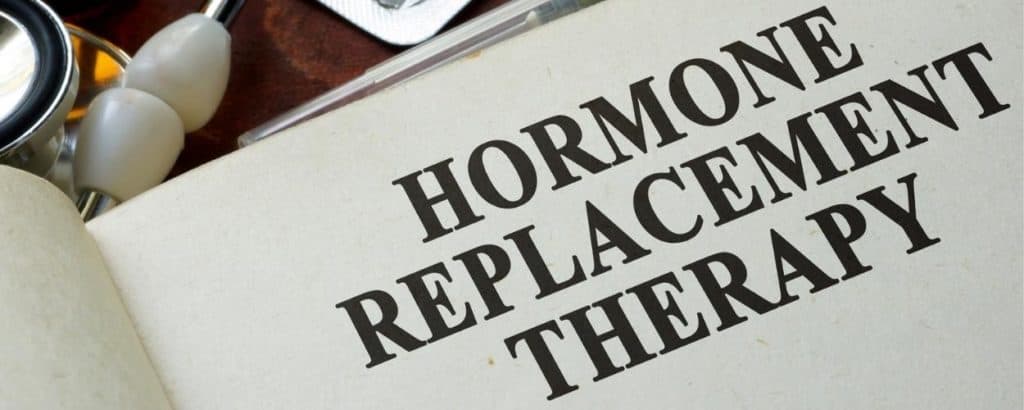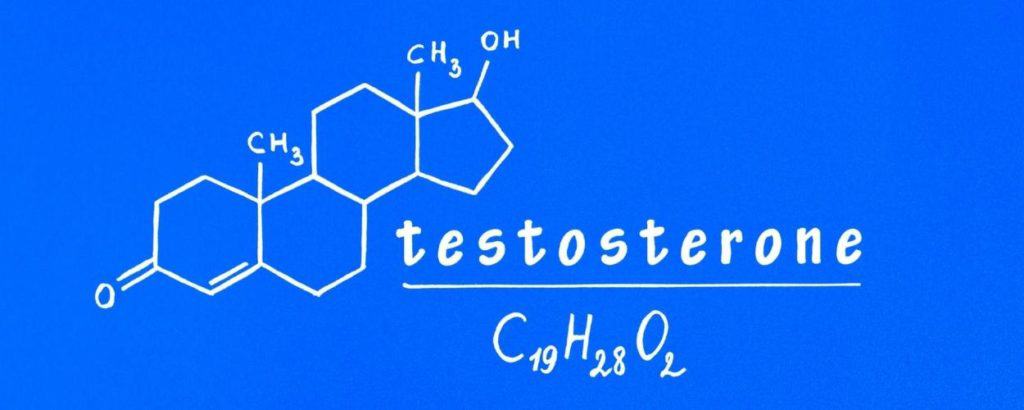
testosterone replacement therapy vancouver wa
testosterone replacement therapy las vegas
Studies have been conducted to determine the efficacy of various forms of testosterone replacement therapy. The results of these studies have been quite varied, with some showing that the therapy can be beneficial while others indicate that it may not be effective. In particular, the research has focused on the potential benefits of using testosterone replacement therapy to treat symptoms of low testosterone, such as decreased muscle mass, decreased libido, and fatigue. It has also been investigated to see if it can improve cognitive functioning, reduce the risk of certain diseases, and even increase longevity. Overall, the results of these studies suggest that there may be some benefit to testosterone replacement therapy for those suffering from low testosterone levels. However, further research is needed to determine its full potential.
˙Finding what dose is suitable for your body and monitoring your levels is critical in preventing side effects ? and helping return to your body's natural state of balance, not some predetermined testosterone score.
A comprehensive guide to the benefits and risks of testosterone replacement therapy can help men understand this treatment's potential advantages and disadvantages. Testosterone replacement therapy, or TRT, is a hormone replacement therapy used to treat men with symptomatic low testosterone. It involves taking hormones like testosterone to supplement the body's naturally-occurring testosterone. While it can help those with low testosterone levels, it can also come with several risks. These include an increased risk of prostate cancer, cardiovascular issues, and gynecomastia. It is also important to note that there is evidence suggesting that testosterone replacement therapy may increase the risk of stroke. It is essential to consult a physician before beginning any hormone replacement therapy to assess the potential health risks and benefits. Furthermore, it is often recommended that patients discuss the potential side effects with a healthcare provider to ensure they are comfortable with the potential risks. While testosterone replacement therapy can be beneficial for men with low testosterone levels, it is important to understand the potential risks and benefits before beginning any hormone replacement therapy.




